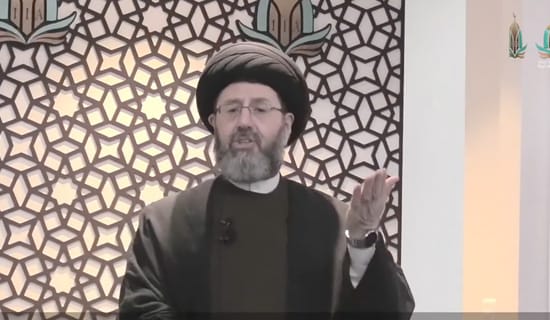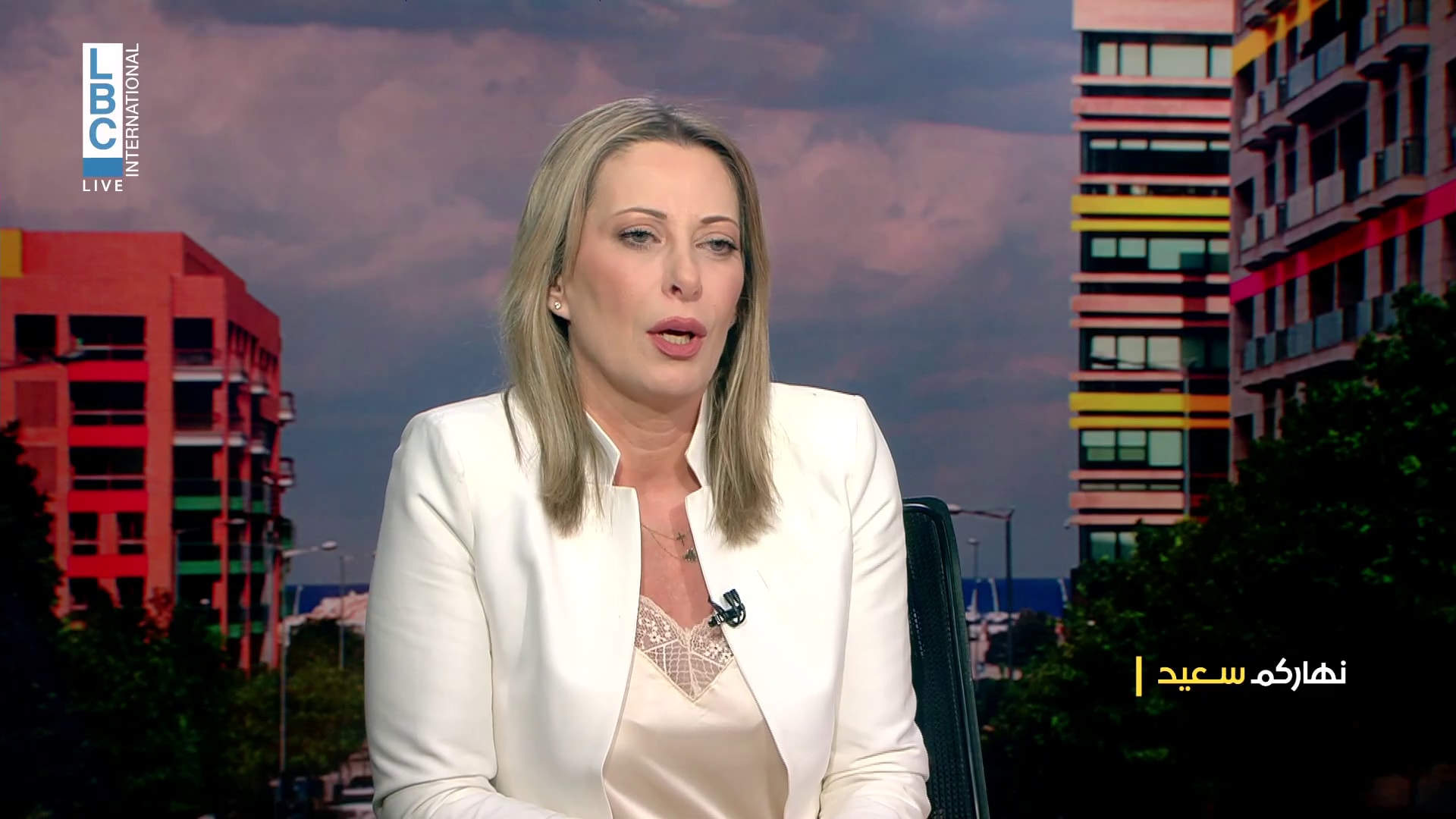
Following are excerpts from an interview with Egyptian cleric Sheik Muhammad Hassan, which aired on Dream 2 TV on April 14, 2011:
Interviewer: You are against women running for the Egyptian presidency?
Muhammad Hassan: Yes.
Interviewer: You reject it.
Muhammad Hassan: That's right. There is a consensus of jurisprudents about this. It's not merely my view. Similarly, I think that a non-Muslim should not run for head of state in a Muslim country. In addition, the second article of Egypt's constitution declares that Islam is the state religion, right? Doesn't the same article state that the shari'a is the main source for legislation? There is nothing whatsoever wrong with the country being ruled in accordance with this constitution and this article. There is no reason whatsoever to accuse the Muslims of extremism.
[…]
Interviewer: Would you accept a Copt as the president of Egypt?
Muhammad Hassan: No. I am not ashamed to say so. As I have already said, the second article of the constitution declares that Islam is the official religion of the state, and that the shari'a is the main source of legislation. So I ask: Would Rome accept a Muslim as the president of Italy?
Interviewer: But if there is democracy, and there are elections, and the people makes its choice – what is the problem?
Muhammad Hassan: If that is the case, the majority should be allowed to rule. We are talking about the principles of the shari'a. The truth is that democracy in the Western sense is for the people to rule itself in disregard for the law of Allah, and this I do not accept.
[…]
Interviewer: How would you characterize the democracy that exists abroad?
Muhammad Hassan: Is it conceivable for there to be a democracy, some of the laws of which directly contradict the law of Allah? If someone commits a grave crime, such as fornication, for example – is it conceivable that if both parties were consenting, they should not stand trial? Is it conceivable that for the sake of the economic interests of a country, I allocate large vineyards for the production of wine, in order to revive the economy? It is totally inconceivable, in light of such an article in the constitution, and in light of the fact that this is a Muslim country, to legislate laws that directly contradict the Koran and the Sunna. All the laws must be within this general framework, and indeed, they are…
Interviewer: But we do not have a law that prohibits the sale of alcohol, for example, in public places or in hotels.
Muhammad Hassan: At the next stage, we would like all our laws to be in keeping with the law of Allah and with the Sunna of the Prophet Muhammad, so that we will be spared more of the wrath of Allah.
Interviewer: If the Salafis became members of parliament, for example, would their agenda include changing laws pertaining to the sale of alcohol, fornication, and so on?
[…]
Muhammad Hassan: Why not? Why shouldn't every Muslim whom Allah grants the honor of entering parliament demand the changing of every law in our country that runs counter to the Koran and the Sunna? Nobody should be ashamed of this, but should declare it with pride. However, this should be done in a polite, sensible, and humble manner.
Interviewer: This brings us to the subject of tourism. We started by talking about democracy, but have reached the topic of tourism. Today, when a tourist comes to Egypt, he wants to behave like he does in his own country. He goes to Sharm Al-Sheik, Aswan, or Luxor, and he wants to drink alcohol there, because that is what he is used to doing. The female tourists wear bathing suits and go to the beach. Do you see a contradiction between your beliefs and the flow of tourists to Egypt in the future?
Muhammad Hassan: We do not prohibit tourism. All we demand is for some restrictions to be determined by experts, politicians, and religious scholars, and first and foremost, by the Sheik of Al-Azhar, and we want them to be in keeping with the moral values of this Islamic society. Is it appropriate for a Muslim society to put its own people to shame, for the sake of tourism?
[…]













